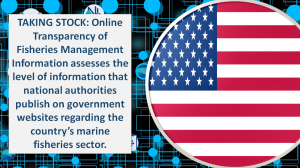Public access to information is a prerequisite to manage fisheries efficiently and sustainably, as well as the ability for effective oversight, accountability and public dialogue.
Yet, transparency is still often wrongly perceived as a voluntary act. Instead, the provision of accessible, timely and credible information on a country’s marine fisheries is increasingly becoming a legal requirement for governments, stemming, among other things, from Freedom of Information laws. Such laws are frequently based on three key principles: public participation, access to justice and access to information. The last of these principles implies that the public should be able to obtain environmental information (including information about their country’s fisheries sector) with only limited, explicitly defined exceptions arising from confidentiality claims and security matters.
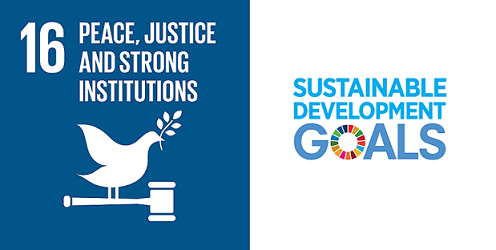
The importance of public access to government information is also emphasised in the UN Sustainable Development Goals (SDGs). Target 16.10 of the SDGs calls on all states to adopt legislation or policies guaranteeing the right to information, which is essential not only for the achievement of Goal 16, but is an enabler to achieving other SDGs.
Getting started with enhancing transparency in marine fisheries management requires that all stakeholders have a general understanding of what information is already in the public domain and what is missing.
In supporting countries to start a transformative journey in enhancing the availability and comprehensibility of fisheries management information, the FiTI has launched a new programme: ‘TAKING STOCK – Online Transparency of Fisheries Management Information’.

TAKING STOCK: Online Transparency of Fisheries Management Information assesses the level of information that national authorities publish on government websites regarding the country’s marine fisheries sector.
Objectives of the TAKING STOCK programme
- Providing a useful baseline for countries that are beginning the process of increasing transparency in fisheries management. Getting started with the FiTI requires all stakeholders to have a general understanding of what information is already in the public domain and what is missing. The results of the TAKING STOCK assessment will also provide a credible benchmark to demonstrate improvements over time. Furthermore, the results will also help significantly with the preparation of the country’s first FiTI Report, once the country has been granted its official FiTI Candidate country status.
- Sparking interest among stakeholders from countries hesitant to enhance transparency. Conducting the TAKING STOCK assessment will demonstrate strengths as well as improvement opportunities in the levels of fisheries management information available online. This serves as an entry point for debates with national and international stakeholders regarding the need for greater transparency in the management of the sector.
- Contributing to global debates and building a knowledge pool of transparency in fisheries management. As they will be conducted in many countries, including those that may not yet be ready or willing to implement the FiTI, these TAKING STOCK assessments will gradually yield a global picture of transparency levels in the fisheries sectors of governments across the world. Currently, few empirical studies exist on levels of transparency in fisheries, with much analysis relying on anecdotal information. Furthermore, the assessments will promote aspects of open government and open data.
Relevant posts
- Chile demonstrates high levels of fisheries management transparency in latest TAKING STOCK assessment
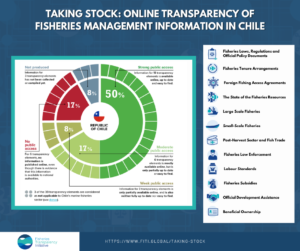
- Viet Nam’s marine fisheries assessed in latest TAKING STOCK Report
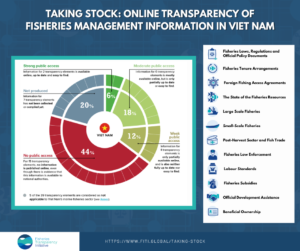
- Latest FiTI TAKING STOCK transparency assessment provides unique insight into China’s fisheries
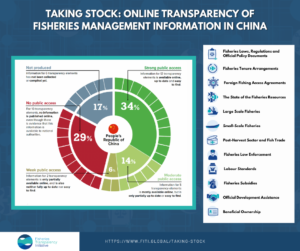
- FiTI initiates transparency assessment of Indonesian marine fisheries management
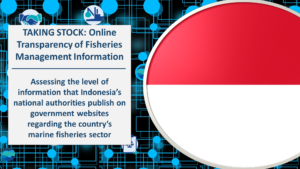
- New reports on fisheries transparency in Mexico shows progress but also continuing challenges

- TAKING STOCK: FiTI initiates online transparency assessment of fisheries management information for China
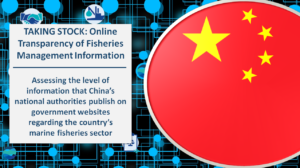
- TAKING STOCK: FiTI initiates online transparency assessment of fisheries management information for Viet Nam
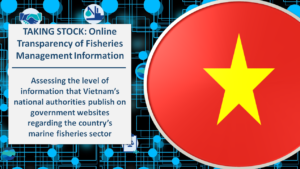
- On World Ocean Day, FiTI announces start of online transparency assessment for Chile
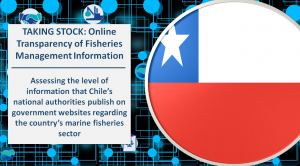
- Ghana not data deficient, but shows significant transparency deficits for its marine fisheries sector, new assessment shows
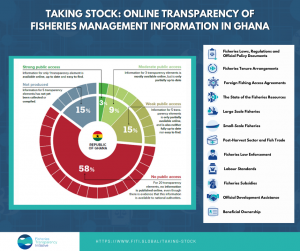
- TAKING STOCK assessment identifies gaps in fisheries transparency for Panama, shows need to implement the FiTI
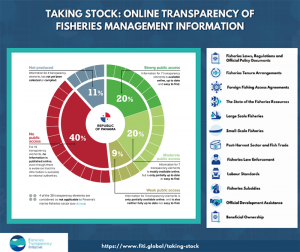
- United States among top nations regarding transparency of fisheries management, new TAKING STOCK assessment shows
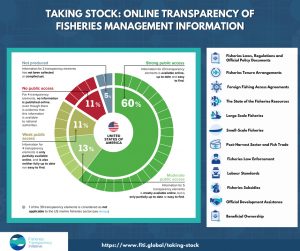
- TAKING STOCK assessment for São Tomé and Príncipe shows need to implement the FiTI
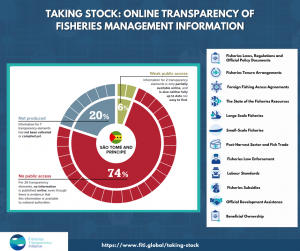
- TAKING STOCK assessment identifies gaps in online transparency for Mauritius, makes recommendations for improvement
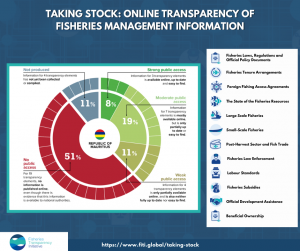
- Results of TAKING STOCK assessment of Comoros underline challenges of transparency in fisheries management facing SIDS
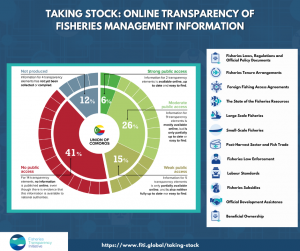
- Results of TAKING STOCK assessment: Government transparency of Ecuador’s marine fisheries
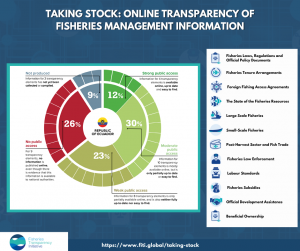
- FiTI discusses preliminary TAKING STOCK results with stakeholders in Comoros
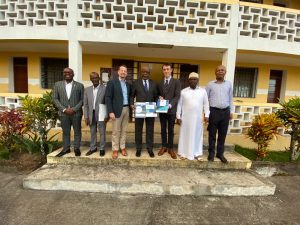
- FiTI initiates online transparency assessment of fisheries management information for Ghana
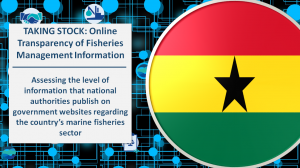
- TAKING STOCK: FiTI initiates its online transparency assessment of fisheries management information for Panama
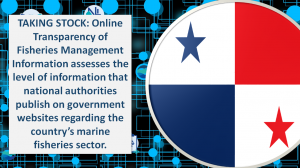
- Results of TAKING STOCK assessment: Government transparency in marine fisheries of Mexico
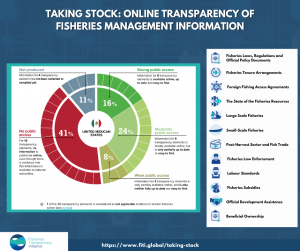
- TAKING STOCK: FiTI initiates its online transparency assessment of fisheries management information for the United States
